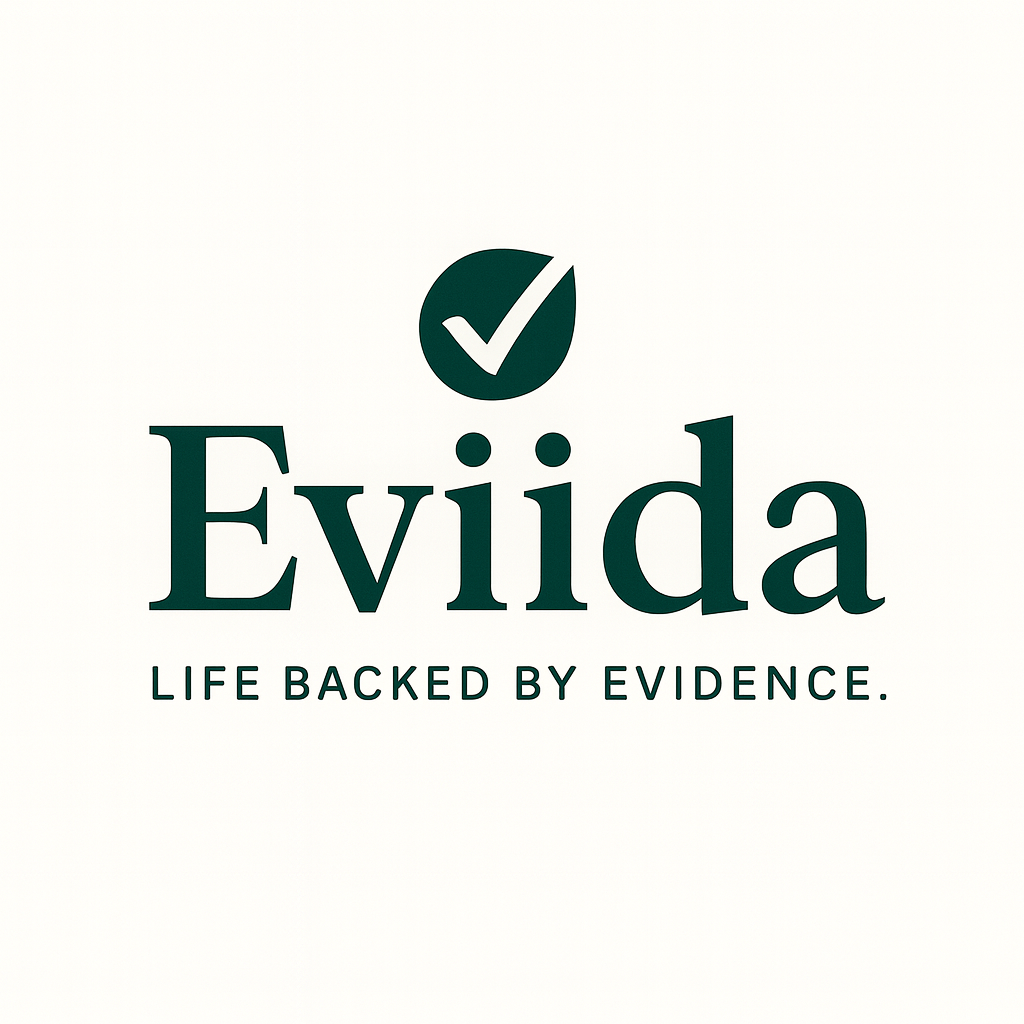Imagine this: you’re sitting at home, searching online for ways to boost your immunity. One article says “Vitamin C cures everything”, while another says “Supplements are useless”. You feel confused, frustrated, maybe even a little scared.
This is the challenge of the digital health era. We are surrounded by information, but not all of it is accurate. And when it comes to your health — or your family’s — you deserve advice that is backed by science, not hype.
That’s why medical and health journals matter. These publications are the gold standard of health knowledge. They publish peer-reviewed studies, meaning experts carefully evaluate each piece of research before it reaches the public. They set global health guidelines, shape your doctor’s recommendations, and give you the tools to make informed decisions.
Today, let’s explore the top 10 health journals in the world you can trust. We’ll look at what makes them reliable, highlight real research examples, and explain why they matter for your everyday life.

1. The New England Journal of Medicine (NEJM) 🇺🇸
Why it’s trusted:
Founded in 1812, NEJM is not just old — it’s legendary. Doctors and policymakers around the world use NEJM studies to guide treatment decisions.
Stats:
- Impact factor: 158.5 (one of the highest globally).
- Over 600,000 subscribers worldwide.
Case Study Example:
In 2019, NEJM published a groundbreaking clinical trial on intermittent fasting and weight loss. The results? Fasting worked — but mostly because it helped people reduce calories, not because of a “magic” fat-burning switch.
Why it matters to you:
When you hear about cutting-edge treatments — from cancer drugs to mRNA vaccines — chances are NEJM was the first to publish it.
2. The Lancet 🇬🇧
Why it’s trusted:
Since 1823, The Lancet has been shaping global health. It’s where governments and the World Health Organization (WHO) turn for guidance.
Stats:
- Impact factor: 168.
- Published in 14 languages with a truly global audience.
Case Study Example:
During the COVID-19 pandemic, The Lancet published the first peer-reviewed vaccine efficacy studies. These findings directly influenced policies in the US, UK, and Europe.
Why it matters to you:
When health policies affect your life — lockdowns, vaccines, guidelines — it’s often The Lancet leading the conversation.
3. Journal of the American Medical Association (JAMA) 🇺🇸
Why it’s trusted:
JAMA is widely read not just by doctors but also by health-conscious people. It makes complex science understandable.
Stats:
- Circulation: 125,000+ print, millions of digital readers.
- Publishes 51 specialty journals under the JAMA Network.
Case Study Example:
In 2020, JAMA published a clinical trial on time-restricted eating (intermittent fasting). The result? Fasting didn’t produce more weight loss than eating normally — which helped debunk “miracle fasting” claims.
Why it matters to you:
If you see a health trend going viral, JAMA is often the journal that provides the evidence-based reality check.
4. The British Medical Journal (BMJ) 🇬🇧
Why it’s trusted:
BMJ is known for being fearless in challenging medical myths. It publishes original research, reviews, and even debates.
Stats:
- Impact factor: 107.7.
- Accessed by readers in 150+ countries.
Case Study Example:
A 2013 BMJ meta-analysis found that Vitamin C shortened colds by 8% in adults and 14% in children. Not a miracle cure — but real evidence that made its way into global supplement guidelines.
Why it matters to you:
If you’ve ever wondered “Do supplements really work?” — BMJ is one of the journals giving the most reliable answers.
5. Nature Medicine 🌍
Why it’s trusted:
As part of the prestigious Nature family, Nature Medicine is where you find cutting-edge biomedical discoveries.
Stats:
- Impact factor: 87.2.
- Ranked among the top 5 biomedical journals worldwide.
Case Study Example:
In 2016, Nature Medicine published research showing that EGCG, an antioxidant in green tea, helps immune cells fight stress. This validated centuries of traditional tea use with modern science.
Why it matters to you:
If you drink green tea for health, you’re benefiting from findings Nature Medicine helped bring to light.
6. Cell Metabolism 🌍
Why it’s trusted:
This journal is a leader in nutrition, fasting, and metabolism research.
Stats:
- Highly cited in diet, aging, and obesity research.
- Impact factor: 31.4.
Case Study Example:
In 2018, Cell Metabolism published a study showing that restricting eating to a 10-hour window improved sleep, blood pressure, and insulin sensitivity — even without calorie restriction.
Why it matters to you:
If you’ve tried intermittent fasting, the scientific evidence you’re following often comes from Cell Metabolism.
7. Annals of Internal Medicine 🇺🇸
Why it’s trusted:
This journal is famous for publishing clinical guidelines that doctors follow worldwide.
Stats:
- Impact factor: 39.9.
- Published by the American College of Physicians.
Case Study Example:
Annals published updated colon cancer screening guidelines, changing the recommended age from 50 to 45. That decision has saved lives by catching cancer earlier.
Why it matters to you:
If your doctor recommends a screening test, chances are the guideline was published here first.
8. American Journal of Clinical Nutrition (AJCN) 🇺🇸
Why it’s trusted:
This is the world’s leading nutrition journal, perfect for diet, supplements, and long-term health.
Stats:
- Cited 40,000+ times annually.
- Trusted by dietitians and nutritionists worldwide.
Case Study Example:
AJCN studies have shaped dietary guidelines, from understanding the role of trans fats to linking Mediterranean diets with heart health.
Why it matters to you:
When you ask “Is this diet actually healthy?” — AJCN research is often the foundation for the answer.
9. PLOS Medicine 🌍
Why it’s trusted:
Unlike most journals, PLOS Medicine is open-access — meaning anyone can read its studies for free.
Stats:
- Impact factor: 11.6.
- Millions of open-access downloads per year.
Case Study Example:
PLOS Medicine published research on sugar-sweetened drinks and childhood obesity, influencing soda tax policies worldwide.
Why it matters to you:
If you want free access to trustworthy studies, PLOS Medicine is your best friend.
10. European Heart Journal (EHJ) 🇪🇺
Why it’s trusted:
This journal leads in cardiology research — heart disease being the global killer.
Stats:
- Impact factor: 35.9.
- Official journal of the European Society of Cardiology.
Case Study Example:
EHJ studies shaped cholesterol treatment, blood pressure management, and post-heart attack care guidelines.
Why it matters to you:
If heart disease runs in your family, the advice your doctor gives is often based on EHJ research.
How These Journals Work
Before a study is published in NEJM, JAMA, or BMJ, it goes through peer review:
- Experts dissect the data.
- They question the methods.
- They look for flaws.
Only then does the study get published.
That process means what you’re reading is not just one person’s opinion — it’s knowledge tested by the scientific community.
👉 Imagine if every social media “health tip” had to go through this process. The wellness industry would look completely different.
How You Can Use These Journals in Real Life
You don’t have to be a doctor to benefit from these journals. Here’s how you can use their insights:
- Check the source of claims.
If someone says, “Green tea boosts immunity”, look up whether Nature Medicine or Cell Metabolism has published supporting evidence. - Use summaries (like Eviida).
We translate complex studies into simple, actionable tips. For example:- Instead of “EGCG reduces oxidative stress,” we say: “Drink green tea daily for better immune health.”
- Ask your doctor informed questions.
When you know about studies in NEJM or Annals, you can say: “I read about new colon cancer screening guidelines — does this apply to me?”
The Emotional Side: Health Is Personal
At the end of the day, this isn’t just about journals. It’s about you.
- Your health.
- Your family’s future.
- Your ability to live fully, without being misled.
When you trust research from these journals, you’re not just reading statistics — you’re making choices that could mean fewer sick days, better energy, and longer life.
🌟 Final Thoughts: Why These Journals Matter for You
You don’t have to read medical journals yourself — that’s our job at Eviida. But knowing which sources are trustworthy can change your life:
- NEJM & Lancet → Global health breakthroughs.
- JAMA & BMJ → Everyday medical insights.
- Nature Medicine & Cell Metabolism → Nutrition & fasting research.
- Annals & AJCN → Clinical guidelines & diet science.
- PLOS Medicine & EHJ → Free access & heart health.
👉 When we say “Life Backed by Evidence” at Eviida, it’s because we pull insights directly from these journals. We simplify complex studies into practical tips that help you live healthier, stronger, and longer.
